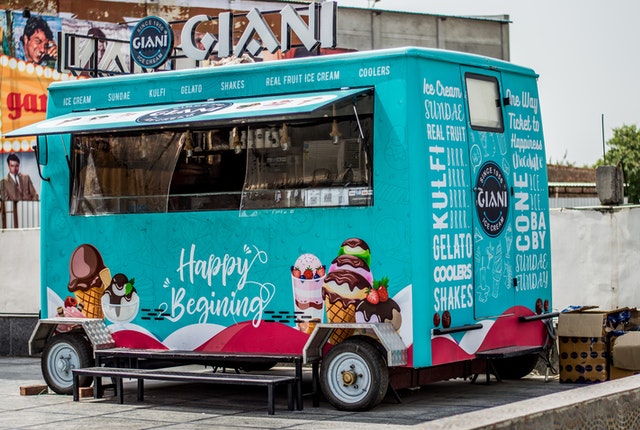
Food trucks have come into the spotlight recently. These vehicles can be found around a city selling various food such as tacos and hot dogs. You can also find some with full kitchens and ovens, which allows them to offer more than food. This article discusses six factors to consider before starting a food truck business.
1. Market Preferences
It is imperative to know your consumers before beginning a new business. Your food truck will be their first exposure to your food, so be sure that they are not overwhelmed or disappointed by your product. You can take a few steps to find out what type of taboos they have and what they like and do not like while also gauging their hunger level.
What do you like to eat? Asking this question will familiarize your potential consumers with what they may want to purchase from you. The person answering the question must have a good sense of taste, as they will be responsible for choosing and preparing food items.
2. Rules and Regulations
every state has many rules and regulations governing food truck businesses. These laws can be tricky to navigate, but it should be easy to begin a new food truck business with some research and planning. The first step is to obtain a license.
If you are thinking of starting a new business, you will need to obtain a few licenses. Some examples of licenses include a business license, vehicle registration, fire license, and medical license. You will also need to know where to get these licenses.
3. Prices of Equipment
Before you start your business, it is vital to research the prices of all the equipment and goods you will need. If the costs are too high, it’s best to shelve your idea until you have more funds or get a loan.
What type of equipment do you need? A food truck business can be built using several different materials, depending on what works best for your needs. You’ll need to purchase a truck, a food truck business logo, a website, some dishes/sauces to sell at the end of your route, and some equipment and supplies to build up your menu (such as pots and pans and utensils). Also, it is important to understand the advertisement procedure and method. you can use feather flags, social media advertisements, or sell at events.
4. Insurance Policies
When starting a food truck business, you’re faced with many decisions. There’s so much more than just cooking, from the type of truck to the insurance policy. It’s essential to understand the ins and outs of insurance policies before getting one for your food truck business.
What type of insurance policy should I get? General commercial property and operations coverage is the most common type of insurance every food truck owner starts with. General liability coverage covers all kinds of property damage that could happen to the truck, even if they’re not related to cooking or serving. This includes having parts stolen or damaged and damaging someone else.
5. Exterior Decoration
Designing your food truck business is an essential step in starting a food truck. It helps you form an identity and build a following. Start advertising to find customers once you have decided on your colors, theme, and truck design. Your first step in designing your food truck business is deciding on a name and logo.
You can design your logo by using a tool such as Canva, which allows you to add text, photos, and other graphics to a template.
6. A POS System
The growing digital revolution and the prevalence of mobile devices have a significant impact on the way people shop. This is especially true for industries like retail, which have suffered from high rates of store closures and bankruptcies. To compete and provide a superior customer experience, businesses will need to invest in new technology.
A business needs a dependable cloud-based POS system. a food truck business will need to manage staff, inventory, sales. Increasingly consumers are relying on credit, debit, and mobile wallet payments. As a good food truck business, you will need an excellent and dependable POS system.
Closing Thoughts
Entrepreneurs must be willing to invest in their businesses, but that doesn’t mean they can spend money without doing their due diligence. Before investing in a food truck, you must weigh the pros and cons to weed out any unrealistic expectations or flaws.


